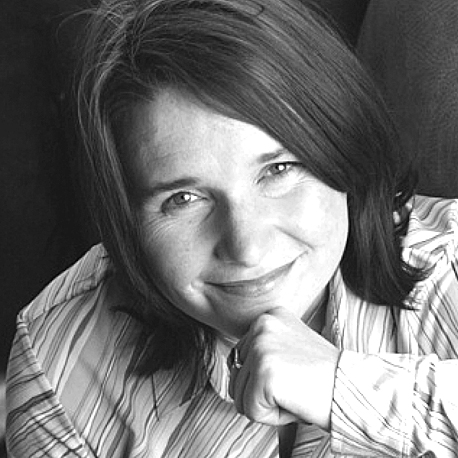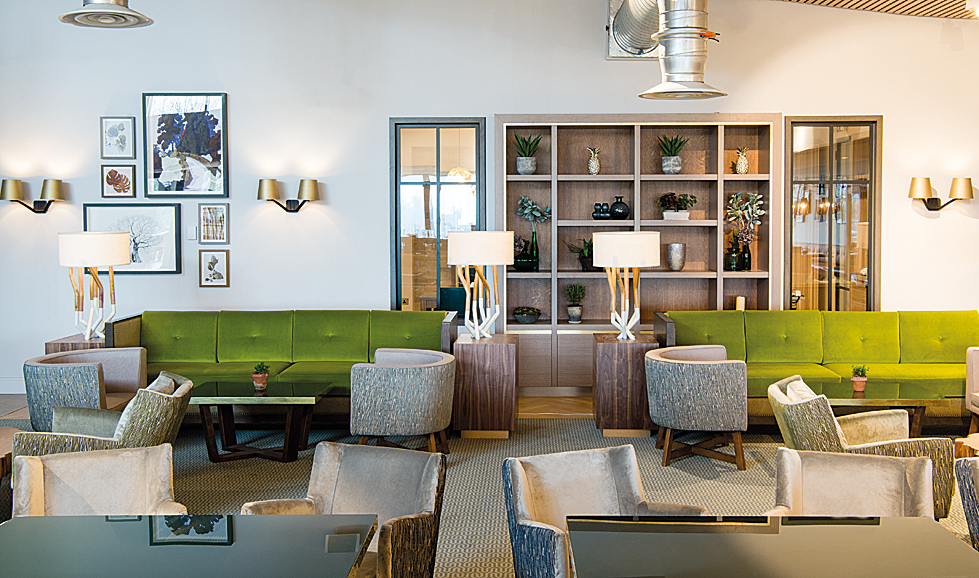
Beverley Bayes
Having worked on some of the top UK spas for the last decade, we’re witnessing a shift in design – away from formal and minimalist settings towards those with ‘heart and soul’.
The choice of finishes is moving away from plush and bling, for example, towards natural raw materials that recreate the kind of barefoot luxury found in island resorts. Think honed Forest Green marble rather than highly polished Calacatta marble, end grain timbers, green slate and terracotta tiles in interesting formats. There will also be a sway towards incorporating handmade, locally-sourced materials, artwork and furniture.
Rendered walls will give spas a new-found freedom for creating organic shapes using modern stone and polished plaster which, for instance, mimic the smoothness of Moroccan tadelakt. Concealed lighting will progressively replace spot and down lighting to give a softer, more integrated look and full spectrum bulbs means intensity can subtly change throughout the day in accordance to circadian rhythms.
We also expect to see natural swimming pools featuring freshwater and filtered by plants become an essential element for eco-conscious operators.
New luxury is about nurture, care, comfort, relaxation and connecting with nature.

There’s a sway towards handmade, locally-sourced materials, artwork and furniture in spas like South Lodge
